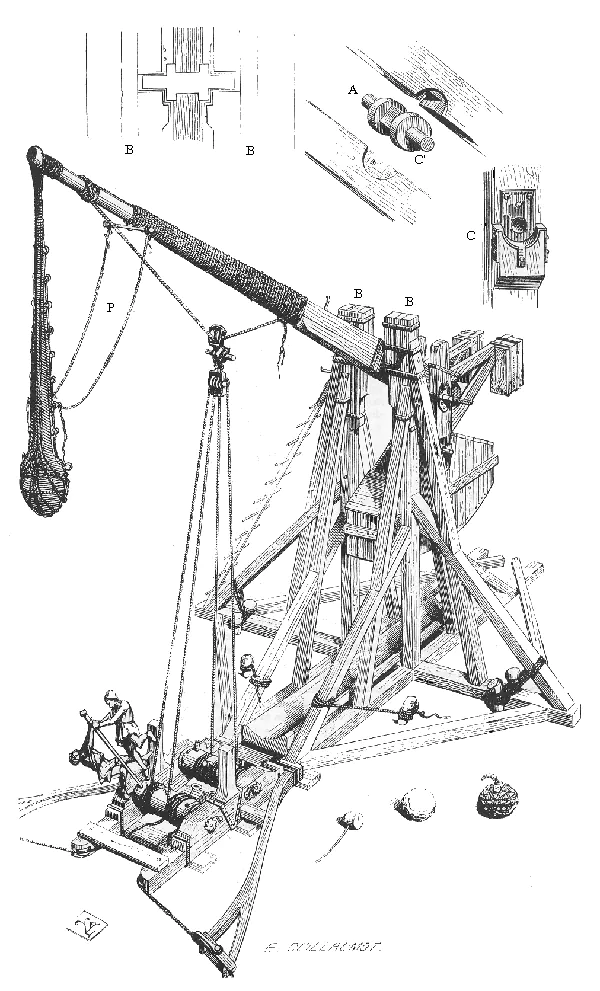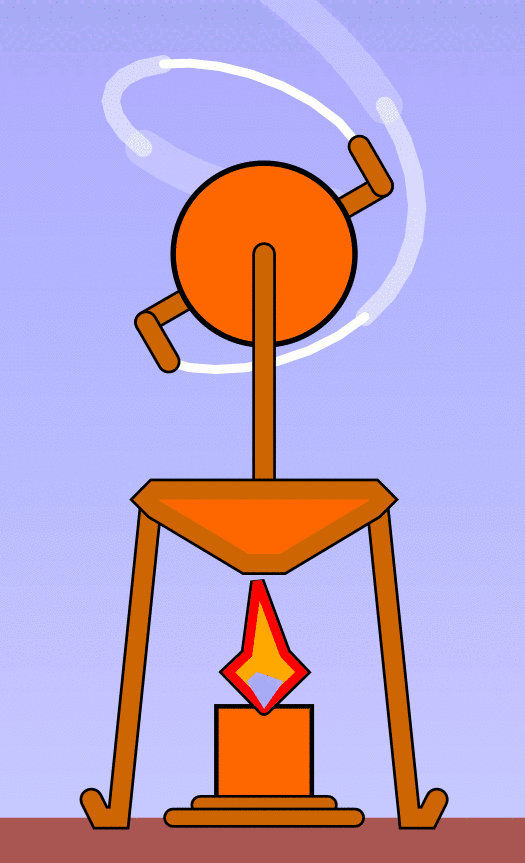Engineering- or not all engineers are civil
The term engineering and engineer is a blanket term for a vast array of disciplines and skills. I have spoken to members of the Institution of Civil Engineers (ICE) in the past. One of whom argued that an engineer had to have a degree. Preferably a Chartered Engineer or at the very least a member of ICE. Although I do have a degree, it is not an engineering degree. Therefore, by his thinking, I cannot possibly be an engineer. He also only considered his own discipline of civil engineering. Needless to say, I disagreed with his views.
The word Engineer derived from the Latin word “ingeniare” and dates back to the 14th century. The first use of the word was in relation to warfare. It probably referred to someone who operated a siege engine, such as a ballista or trebuchet. It may also have been someone who constructed a siege engine or military fortifications.
Therefore, the first use of the term was probably in relation to military engineering. The word engine derived from a Latin word “ingenium” which means an “innate quality, especially mental power. Hence, meaning a clever invention”.
The Civil Engineer
Engineering also existed in earlier periods with the construction of monuments. These included the Great Wall of China, Roman Aqueducts, the Pyramids, and the Parthenon. Apart from the Great Wall of China, these were probably some of the earliest civil rather than military engineering projects. Although these projects were much earlier in period. The term Civil Engineer appears to have been first used in reference to John Smeaton (1724 – 1792). He was the founder of the Society of Civil Engineers, which was the precursor of the Institution of Civil Engineers. His best known work is the third Eddystone lighthouse, completed in 1759.
The Mechanical Engineer
My own discipline of Mechanical Engineering also has a long history, dating back to the first boats around 6000 BC. Egyptian rock paintings of canoes, dugouts, and rafts date from this period. A simple steam engine called the Æolipile invented about 62 AD by Hero of Alexander. It was a bladeless radial steam turbine. Steam jets generate torque to rotate the engine.
In 644 AD, the Persians developed a wind-power machine, known as a Panemone windmill. This consists of wind catching blades that move parallel to the wind, creating drag. The breakthrough in mechanical engineering was probably during the 17th century. During this period, Sir Isaac Newton’s described the Laws of Motion and Calculus was developed.
Today, the word engineering has many branches. As well as older Military, Civil and Mechanical Engineering, there are many others. These include Aerospace, Chemical, Electrical, Environmental and Computer Engineering. The word engineer has other meanings, including service engineer. After a short course of training, they can install or repair one piece of equipment.
While I don’t agree entirely with the member of ICE mentioned at the beginning. I do feel that someone to call themselves an engineer, they should have undergone some recognised training. This is possibly an apprenticeship or university degree. But, more importantly, have intuitive ideas to solve problems built up from a varied experience in their particular discipline.
Lathe carriage assembly by SinayKata from Pixabay
Definition of an Engineer
Unfortunately, many people still imagine an engineer as someone with a hard hat and hi-vis jacket. Alternatively as a mechanic wearing a boiler suit and holding a spanner. While I have worn these in the past. I have spent far more of my time producing design drawings, working on calculations. Often trying to find a solution to an issue. The definition of an engineer is someone with enough knowledge and experience to solve a problem. In other words, the innate quality, especially mental power, to design a clever invention.




